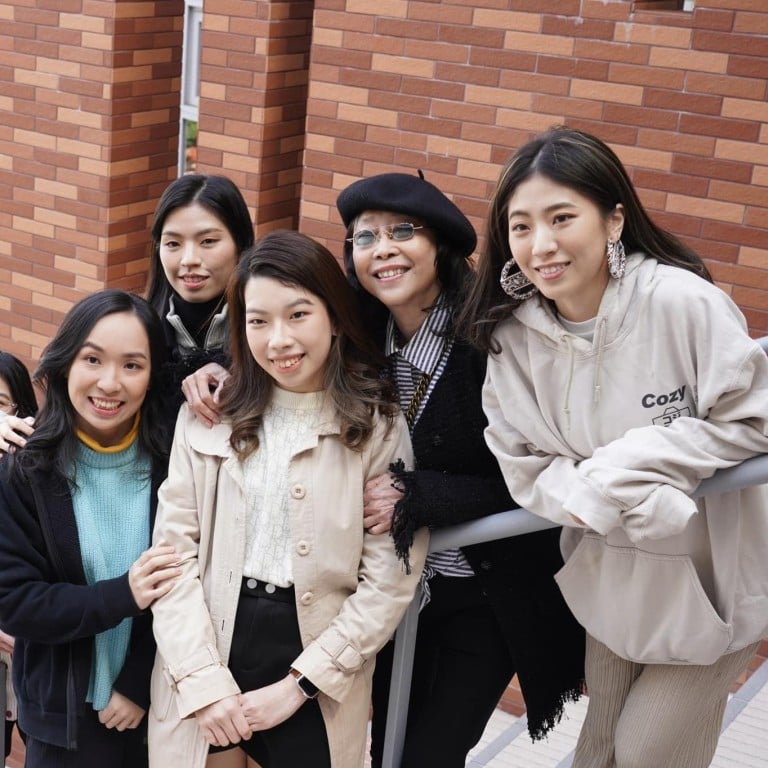
Lessons to be learned from Hong Kong school film row
- An ‘internal’ project focusing on girls at a Hong Kong school over 10 years has created a storm following claims consent for a public screening had not been sought
Films may become the talk of the town for good or bad reasons. In the case of the documentary involving award-winning director Mabel Cheung Yuen-ting and her alma mater Ying Wa Girls’ School, it has received more than its fair share of criticism.
The decade-long production tracking the stories of six adolescents against the backdrop of rapidly changing Hong Kong has become such a drama in itself that it has been pulled from cinemas pending settlement of a furious row. The sorry episode warrants deep reflection from all those concerned.
Originally said to be an “internal” project to help finance the reconstruction of the elite school, the documentary To My Nineteen-year-old Self has raised controversy following claims consent for a public screening had not been sought by some of those appearing in it.
One girl, who developed emotional issues, openly opposed its screening, and Olympic medal-winning cyclist Sarah Lee Wai-sze said she did not know footage of a 2016 interview with her had also been included.
Cheung later said public screenings would be suspended, and she apologised to the pupils, school and production team. Separately, a former principal involved in the project at the time also expressed regret at having created difficulties for both the pupils and school.
Woman says she was ‘misled’ over film that tracked lives of 6 Hong Kong girls
The emotional state of the girls involved can only be imagined. They signed up at a young age to bare their private lives and souls over the years for a school event that eventually escalated into a public disagreement.
Their stories are not only a reflection of the common problems faced by pupils, families and the education system, but also are intertwined with the ups and downs of the city.
Scenes from the 2019 protests are featured in the 136-minute film, so far the only one of its kind to pass censorship for open screening. Its plot further thickens when it deals with the perceived mishandling of youngsters by those in a position of authority.
It is regrettable that the production, named the best film of 2022 by the Hong Kong Film Critics Society and shown at several local and overseas film festivals, has been taken off the silver screen pending a satisfactory outcome. Lessons must be learned.

